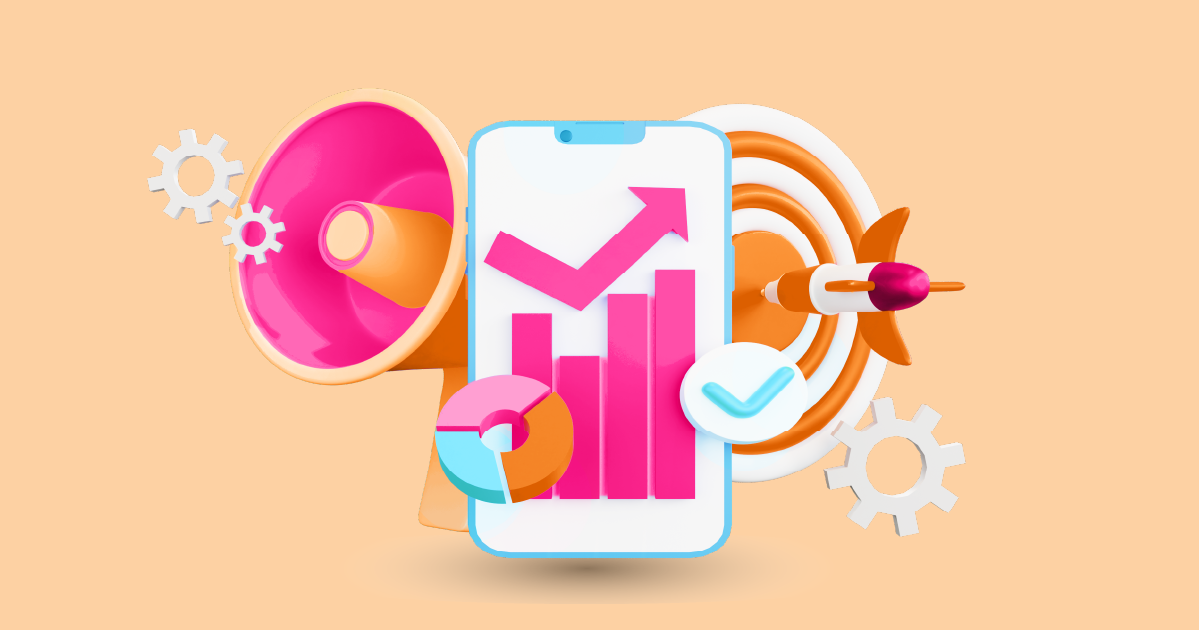In an era dominated by digital connectivity, the pervasive influence of social media on our lives cannot be overstated. Platforms like Facebook, Twitter, Instagram, and LinkedIn have transformed the way we communicate, share information, and build communities. Amidst the vast ocean of social media content, analyse social media accounts has emerged as a formidable tool for businesses, researchers, and individuals seeking to understand the intricacies of digital interactions.
Unraveling the Layers: Analyse Social Media Accounts

Social media analytics goes beyond surface-level metrics like follower counts and likes. It involves a comprehensive examination of data to unravel demographic details, engagement patterns, sentiment nuances, and more. This multifaceted approach provides a nuanced understanding of the digital persona associated with each account.
1. Demographic Insights:
Social media platforms collect a wealth of demographic data, including age, gender, location, and interests. Businesses can leverage this information to tailor their content and marketing strategies to align with the preferences of their target audience. For instance, a fashion brand may adjust its messaging based on the age group and style preferences of its followers.
2. Engagement Metrics:
Beyond mere popularity, engagement metrics offer insights into the effectiveness of content. High engagement signifies resonance with the audience, while low engagement prompts a reassessment of content strategies. By understanding which types of content garner the most interaction, businesses can refine their approach for maximum impact.
3. Sentiment Analysis:
Social media is a breeding ground for diverse opinions and emotions. Sentiment analysis involves assessing the emotional tone of comments and posts, providing valuable insights into customer satisfaction, brand loyalty, and areas that may require attention. Brands can use this data to shape their reputation management strategies and enhance customer relationships.
4. Influencer Partnerships:
Identifying influencers within specific niches is a key outcome of social media analysis. Businesses can strategically collaborate with influencers whose values align with their brand, leveraging these partnerships to extend their reach and credibility. The authenticity associated with influencer marketing can foster a deeper connection with the target audience.
5. Competitor Benchmarking:
Analyzing competitors’ social media accounts is akin to peering into the strategies of industry peers. It provides benchmarks for performance, helping businesses identify opportunities for improvement and areas where they excel. This comparative analysis is instrumental in gaining a competitive edge in the crowded digital landscape.
6. Content Strategy Optimization:
The iterative process of social media analysis allows businesses to optimize their content strategies continually. By discerning the types of content that resonate most with their audience, organizations can fine-tune their messaging and delivery for maximum impact. This adaptability is crucial in the dynamic world of digital marketing.
Conclusion
As technology advances and social media continues to evolve, the ability to strategically analyse social media accounts becomes increasingly vital. The insights derived from this multifaceted process empower businesses to make informed decisions, researchers to unravel societal trends, and individuals to curate their online presence with intention. In a world where digital interactions shape perceptions and drive actions, the skill of decoding the digital persona through social media analysis promises to be a linchpin for success and influence.
Ready to unlock the full potential of social media analysis? Request a demo from AIM Technologies today and discover how our advanced analytics tools can revolutionize your digital strategy.
FAQs
1. What is social media account analysis, and why is it important?
- Social media account analysis is the process of examining and interpreting data generated by users on various social media platforms. It includes studying metrics such as engagement, demographics, and sentiment to gain insights into user behavior. Businesses, researchers, and individuals need to make informed decisions, tailor strategies, and enhance their online presence.
2. What metrics are commonly analyzed in social media account analysis?
- Key metrics include demographic information (age, gender, location), engagement metrics (likes, shares, comments), sentiment analysis (emotional tone of posts), and influencer identification. These metrics provide a comprehensive view of audience preferences and help refine content and marketing strategies.
3. How does social media analysis benefit businesses?
- Businesses can leverage social media analysis to understand their target audience, optimize content strategies, identify influencers for collaborations, manage online reputation through sentiment analysis, and benchmark performance against competitors. It facilitates data-driven decision-making for more effective digital marketing.
4. Can social media analysis be used for personal branding?
- Yes, individuals can utilize social media analysis to curate and enhance their online image. By understanding audience preferences, tracking engagement, and aligning content with personal or professional goals, individuals can strategically build and maintain a strong personal brand.
5. What role does sentiment analysis play in social media account analysis?
- Sentiment analysis involves evaluating the emotional tone of social media content. It helps businesses gauge customer satisfaction, identify potential issues, and manage their online reputation. Positive sentiment can be indicative of brand loyalty, while negative sentiment signals areas for improvement.




